Master of Wine and Sommelier Master How are they different?
The world of wine has many variables that must be taken into account when it comes to knowledge, this has made that all wine experts around the globe follow a series of standards in order to be verified and recognized as a wine specialist. This implementation has given rise to the Masters Sommeliers (MS) and the Masters of Wines (MW) titles.
If you have a little understanding of what an MS and MW titles mean in the wine world, but certainly not enough to be familiar with them, then let's take a look at this topic.
In the wine world, a person with an MS or MW after their name is the equivalent of a PHD for a professional of another specialty.
Institutions authorized to grant these certifications
There are basically two highly respected organizations that award these titles to people who can demonstrate a high level of expertise in all related to wine. However, each of the two has an approach that is slightly different when it comes to knowledge about wine.
One focuses on serving wine in a culinary or restaurant setting, while the other has a more traditional approach to wine and its heritage (the art, science, and wine business). Between the two titles, the certification as a Master of Wine is the highest in the hierarchy.
The governing body in charge for giving these titles is The Institute of Masters of Wine. A person qualified as a master of wine, as defined by the Institute, is "someone who has demonstrated, through rigorous examination, a thorough understanding of all aspects of wine and the ability to transmit that knowledge clearly." According to the information collected, there are few people around the world that have achieved this title.
The origins of this Institute date back to the mid-1300s in London, when organizations were formed around trades (known as free-standing businesses), such as goldsmithing, fishing, tailoring, and winemaking. At first there were only 12 Institutes designated. The Worshipful Company of Vintners was one of the original 12.
How was the wine certifying institutions born?
From this ancient and honorable organization came the idea that a formal education was needed, and that would result in certifiable standards of wine knowledge. Finally, development as we know it today took many centuries. However, in 1953 the first formal Institute of Masters of Wine was created in the United Kingdom.
Of the 21 people who sat for that initial exam, only 6 had passed the process that involved 5 articles based on wine theory and 3 practical articles (one about an imperfect wine analysis). By the way, the first woman received the MW designation in 1970. The first Masters of Wines of the United States titles were given away to two of its citizens in 1990
Among other requirements; The final exam to qualify for the certification as a wine master, comprises several 3-hour sessions of questions on viticulture, winemaking, wine business and relevant issues facing the wine business.
Another stage includes three blind wine tastings each followed by a written document with all the elements of each wine. Then finally, a 10,000-word dissertation must be delivered and defended before the board.
You surely will find people with this title being involved in areas related to wine, such as oenological education, wine imports, wine industry, winemaking and anything related to viticulture. It’s almost as it was a requirement working in something wine related, before being able to get such a title as the Master of Wine
How the institution that is in charge of certifying as a master sommelier was born?
The second professional category title in wine is Master Sommelier, awarded by the institute "The Court of Master Sommeliers". The Court of Master Sommeliers was founded in 1977, Torquay, Unite Kingdom, since it was a necessity to improve the standards of beverage knowledge and service in restaurants and hotels. Obtaining the title of The Court of Master Sommeliers is a process that can take 5 years of formal courses and practical experience in the service industry.
What does a Master Sommelier do?
The job of a Sommelier is to promote wine within a restaurant environment, raising the standards for beverage services, and manage the profitability of the beverage collection for the place they work in. Therefore, not all employees who wear suits and bring wine to the table are Master Sommeliers.
The master sommelier, must be prepared above all with many experiences and info about oenology. Sometimes a master sommelier may consult clients their opinion on how to improve their experience with the restaurant. In reality, wine service can be complicated, especially when picky customers are in the game.
A Master Sommelier will be in charge of the wines in the place they work, that means they’re going to be purchasing and managing number of bottles of wine, they must also work with chefs and future menus, so they can select not only the right, but the best wines they may find to pair with those menus. Certainly, it’s not an easy job.
Other organizations that certify as a Master Sommelier
There are other programs that award a diploma, certificate or some type of credential associated with wine. Another relatively newcomer to the accreditation process for trained wine professionals is the International Sommelier Guild.
Their program costs go from a range of $500 to $9000, having online options as well as face-to-face ones in a classroom. The Level III course is a diploma program that includes classroom instruction. The people who manage to complete successfully their last course are given a degree; specifically, the ISGM Sommelier Degree.
Higher hierarchy between Master of Wine and Master Sommelier
Knowing all this raises the question: Which is the most prestigious title; Master of wine or Master Sommelier? There is some content overlap in the study materials for each specialty; such as: tasting, pairings and wine making.
However, the most significant difference between the two programs is that the MS is more oriented to the customer interaction in a restaurant environment, while the MoW is focused on the commercial aspect of marketing, import, winemaking management and others.
You will probably find some people titled as Masters of Wine in the educational field. The Wine Masters Institute definitely has more history behind qualifying as a Master of Wine. Both involve a lot of study time and specialization; but the experience and satisfaction of being able to achieve such a degree as a true wine connoisseur is priceless for a wine lover! Until next time and happy toast!


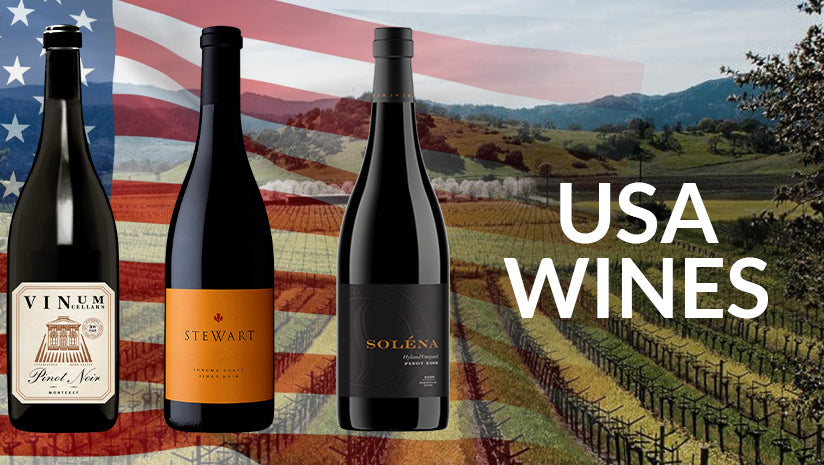
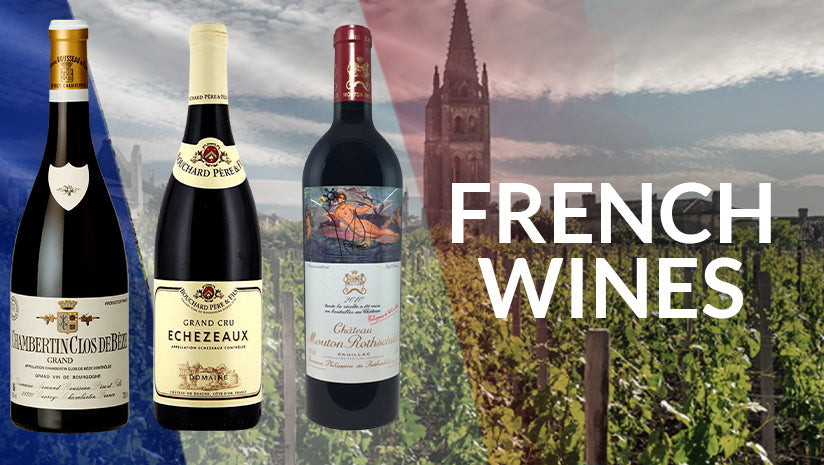
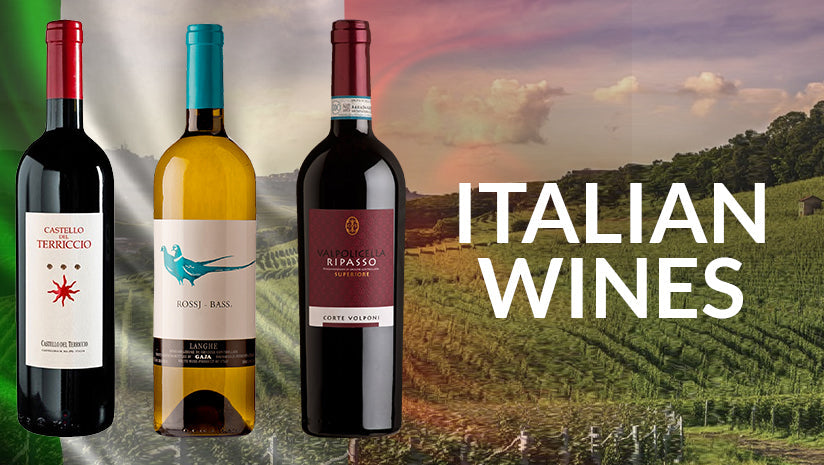
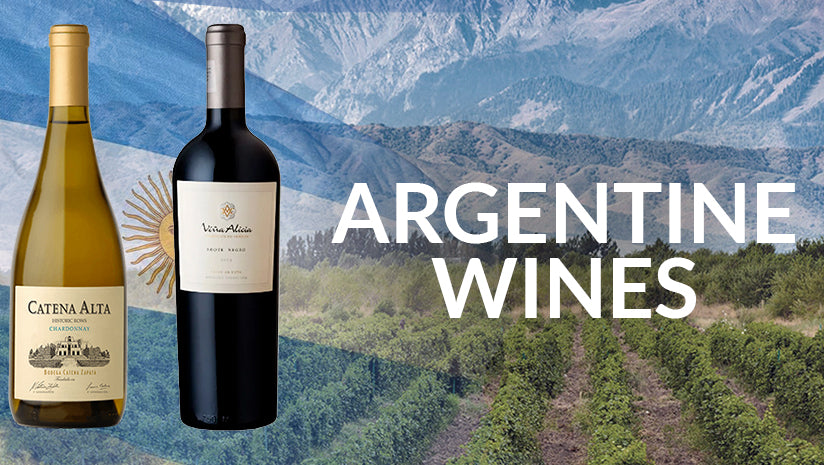
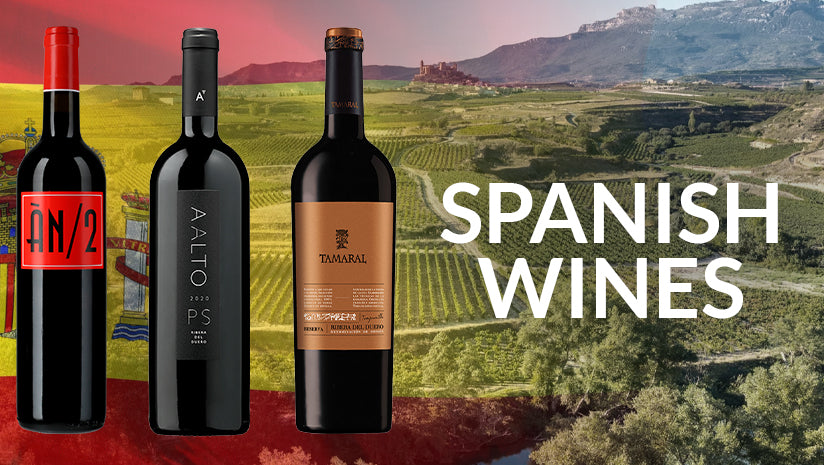
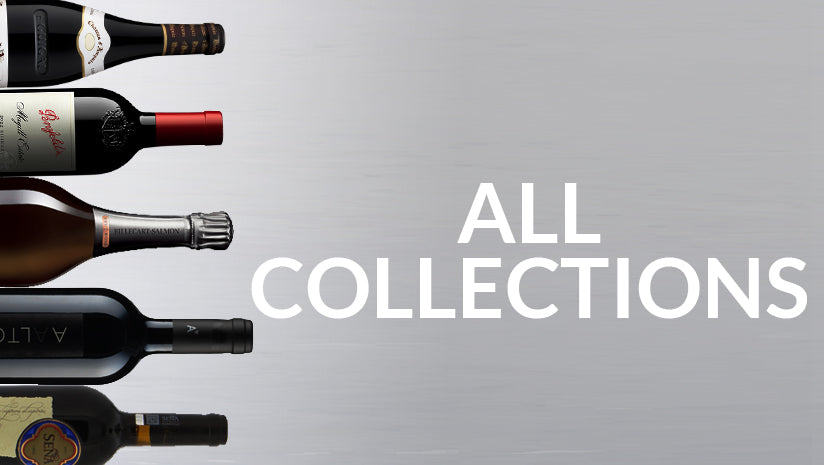
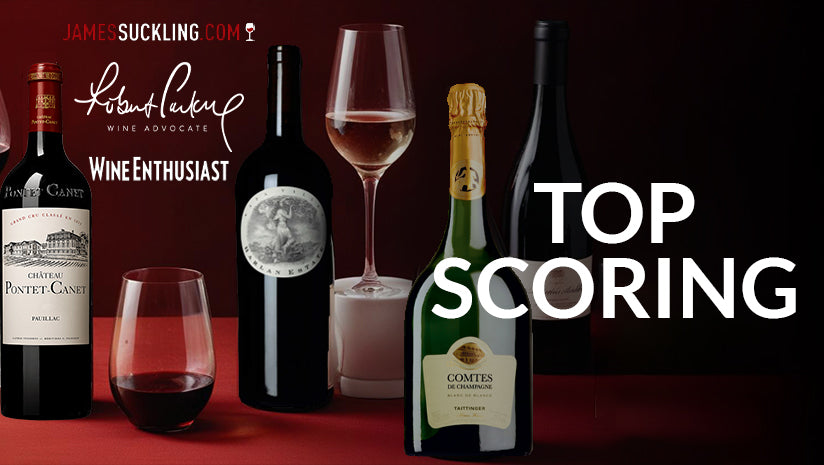

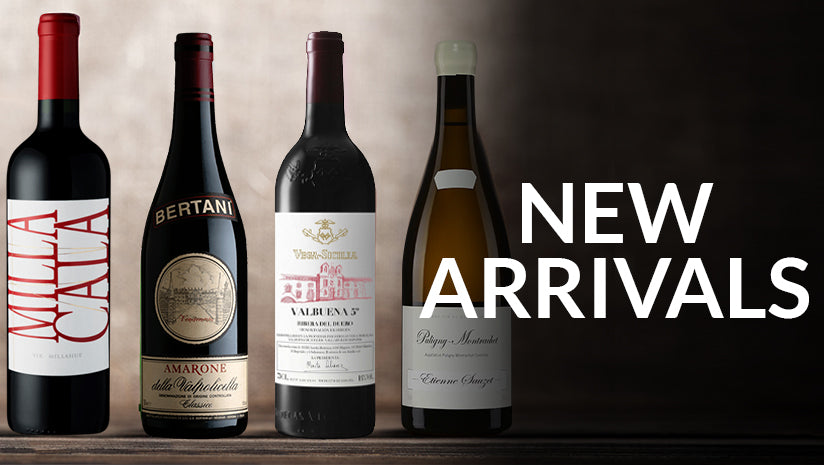
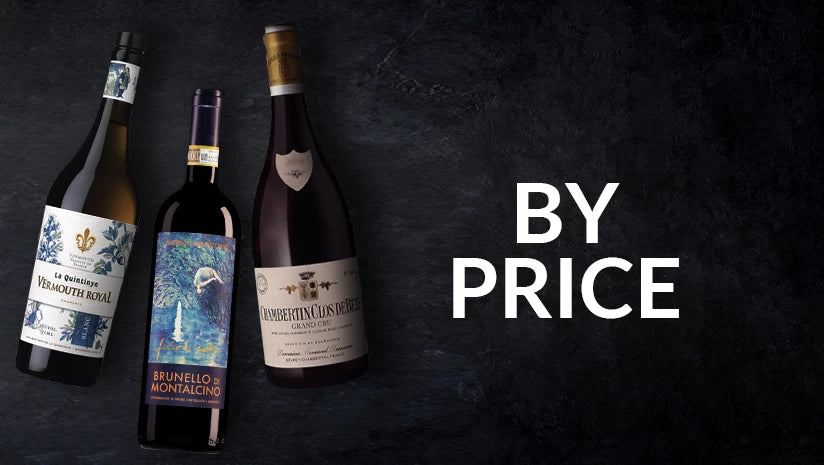
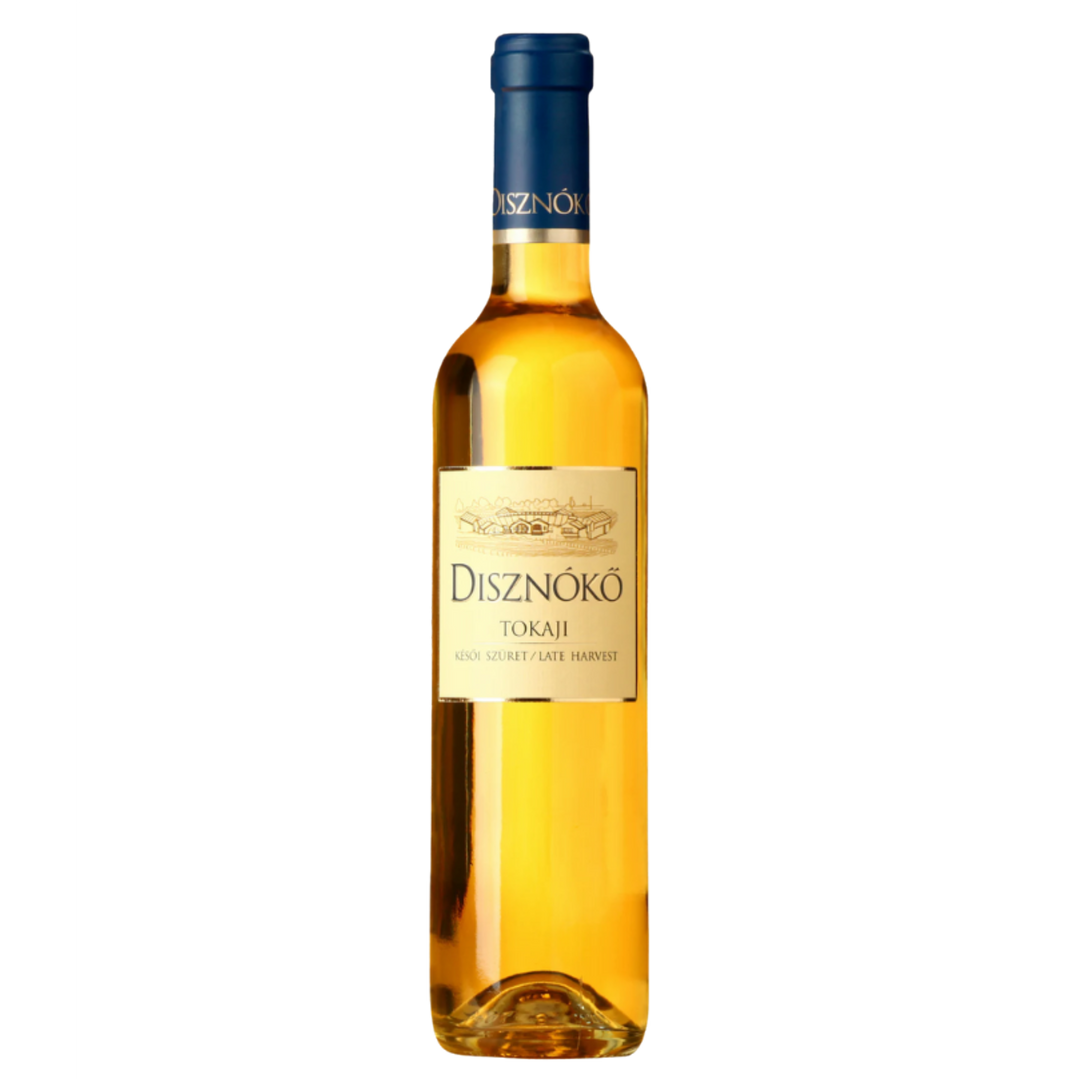
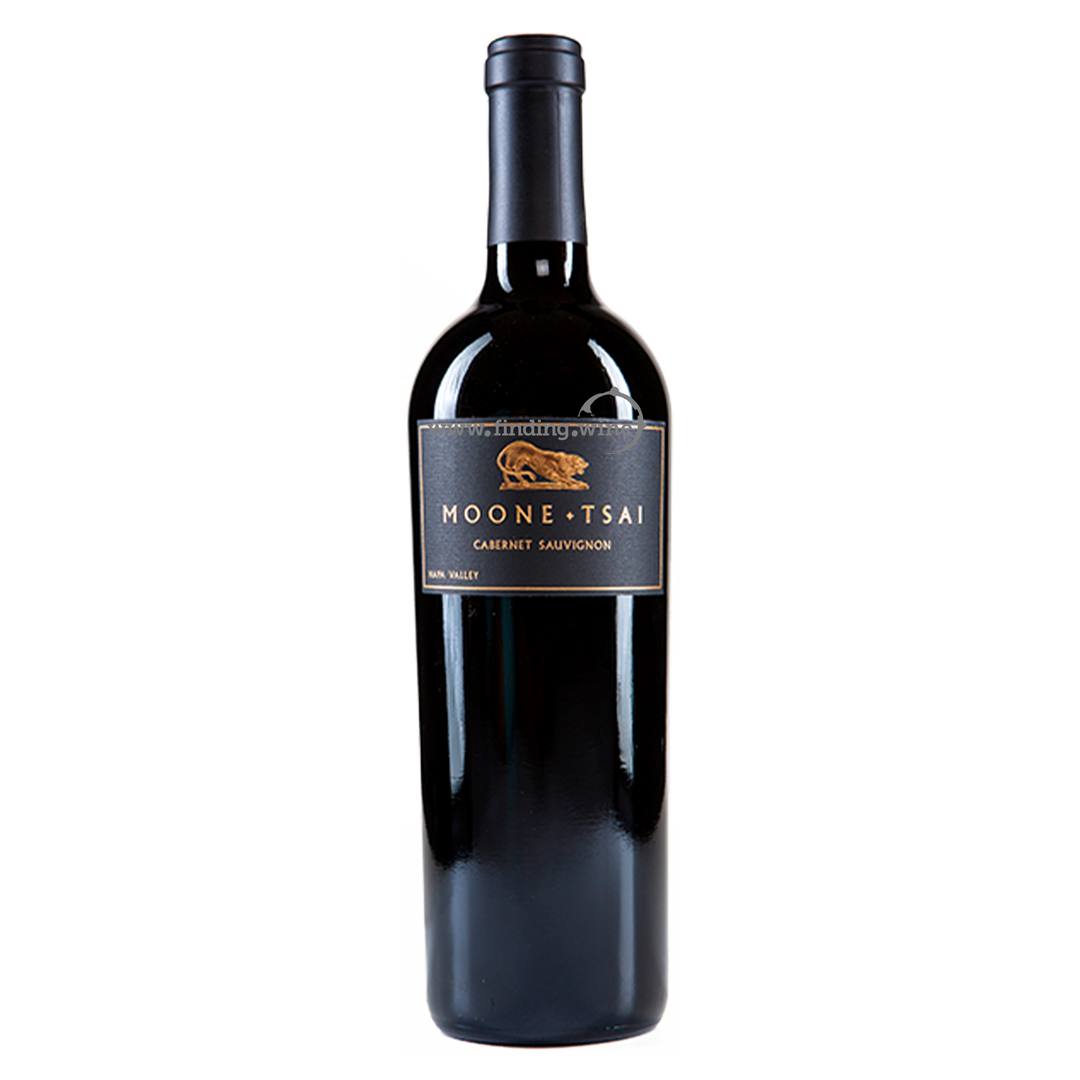
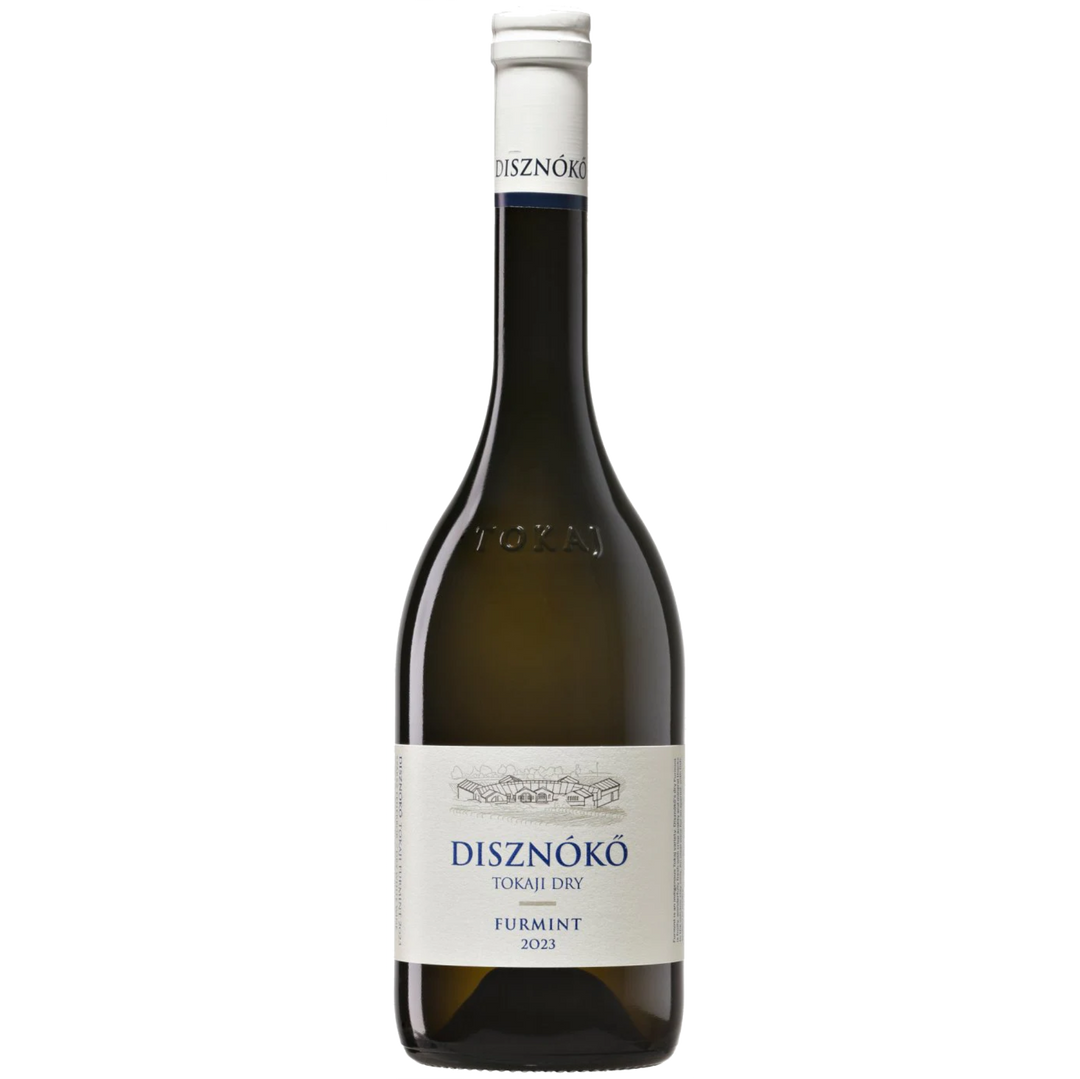
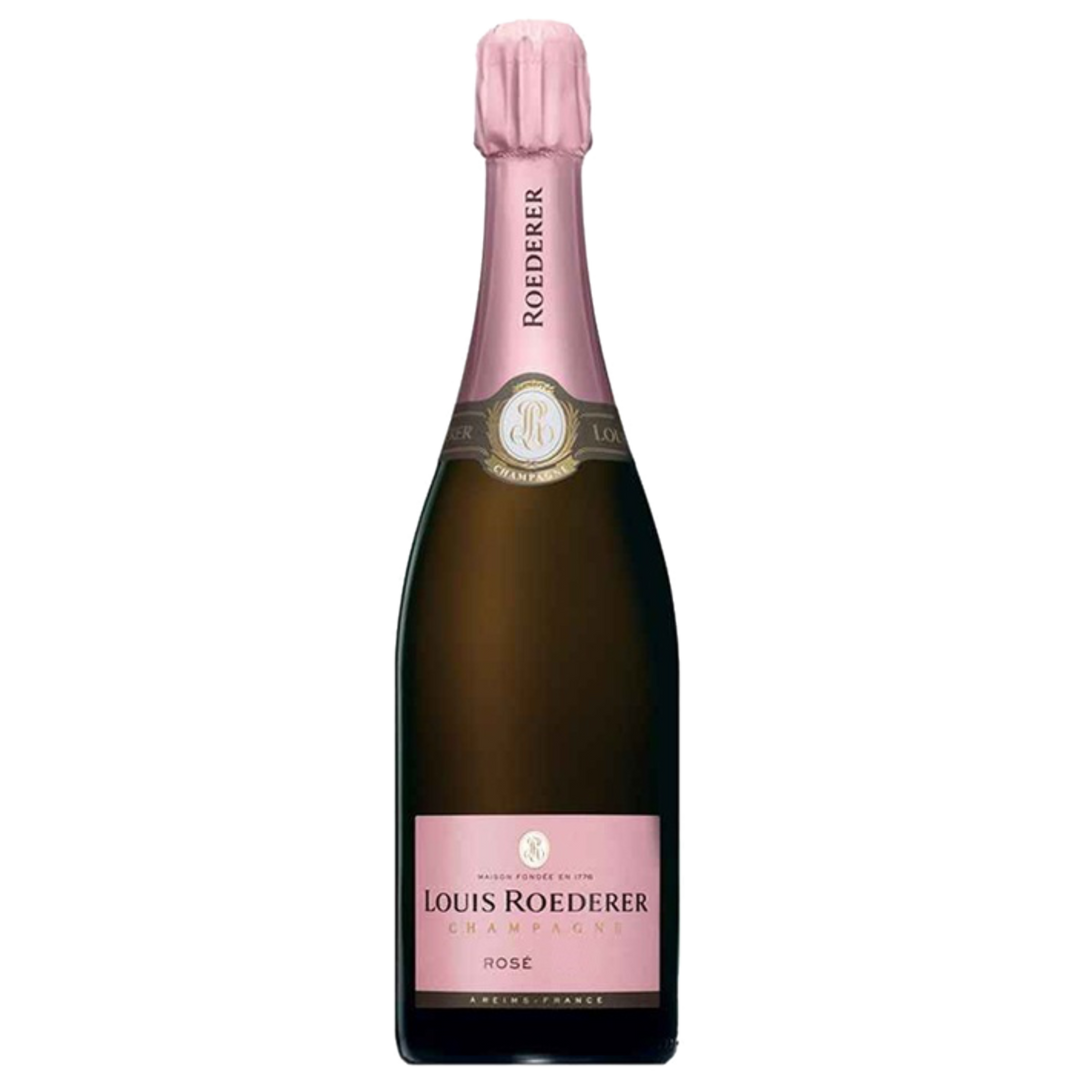
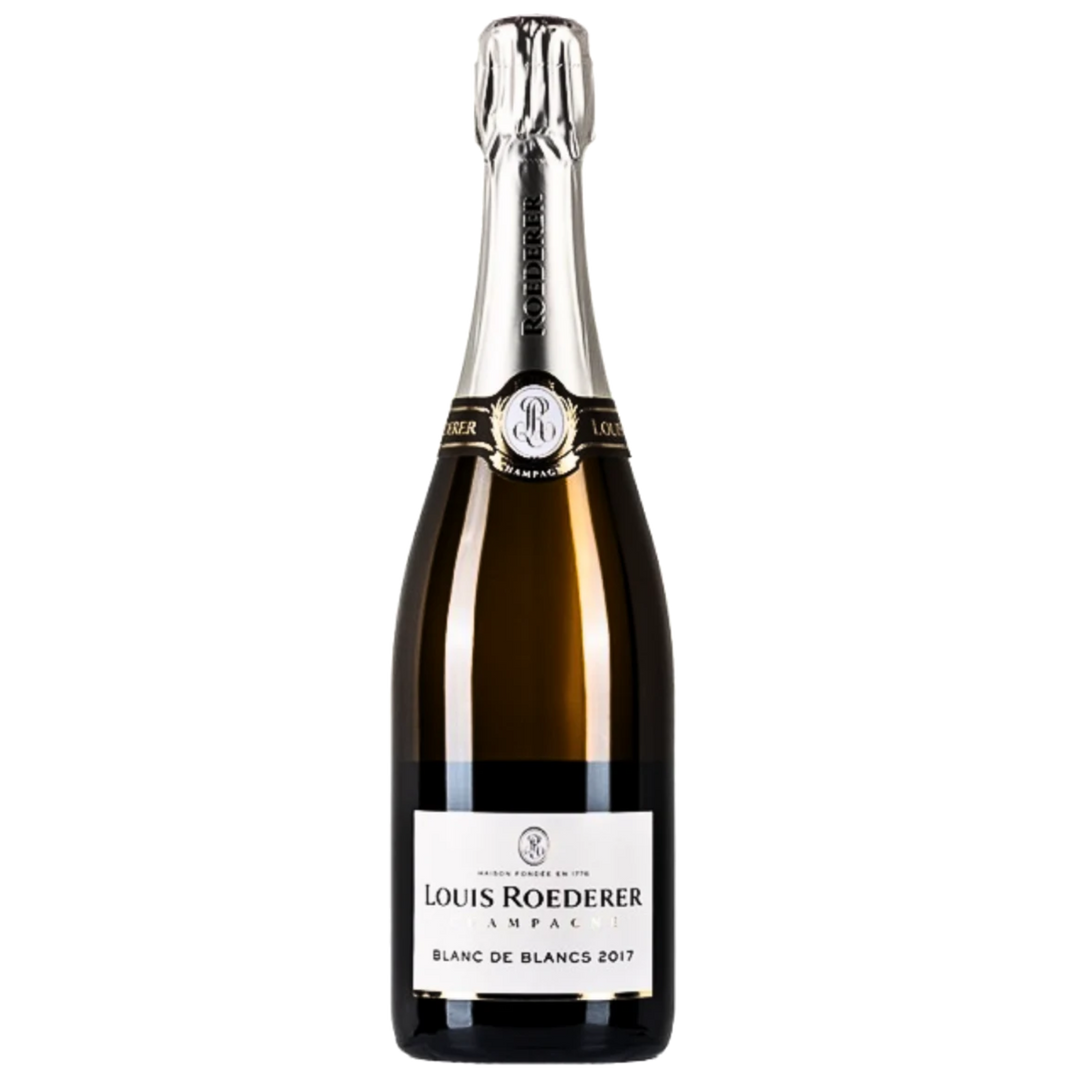
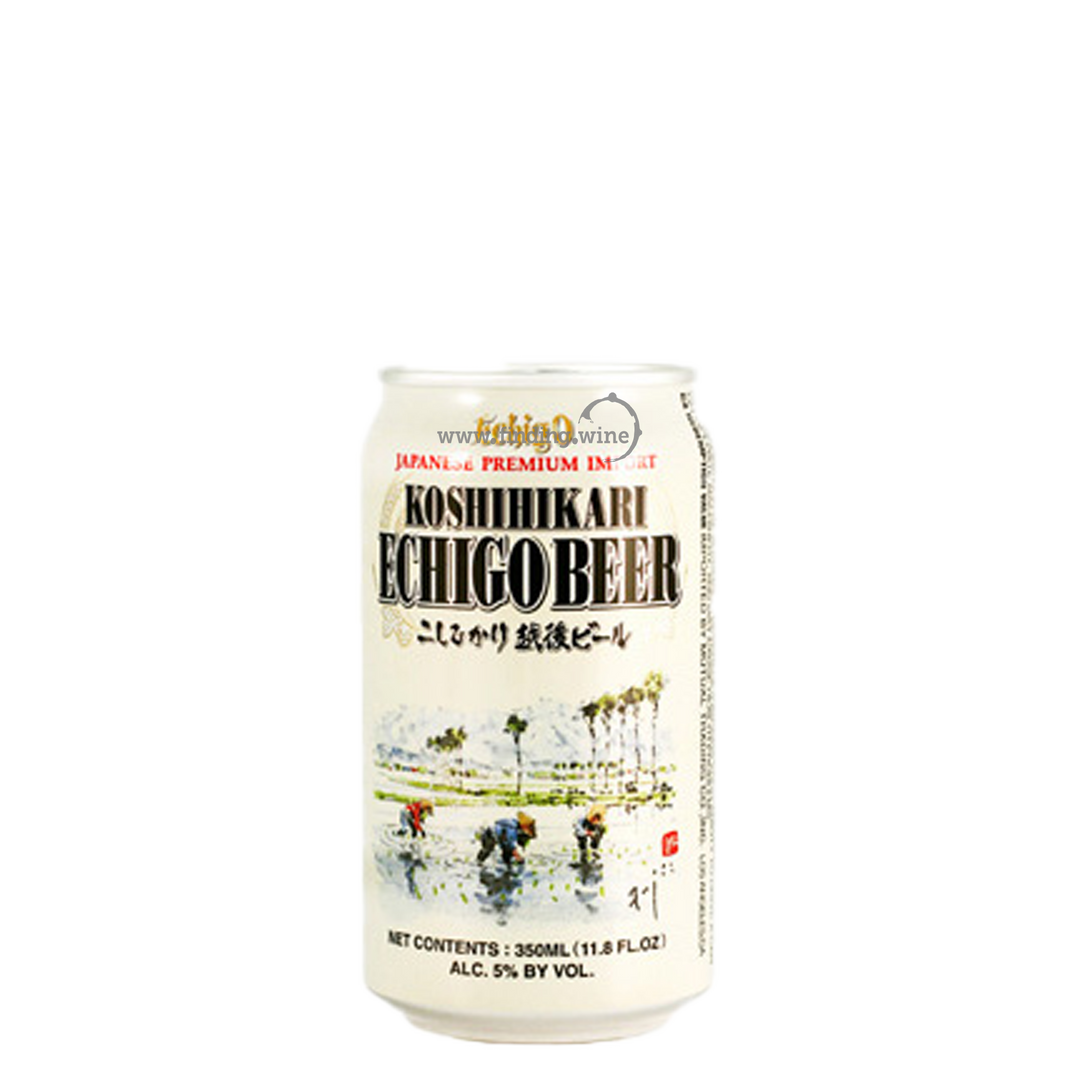
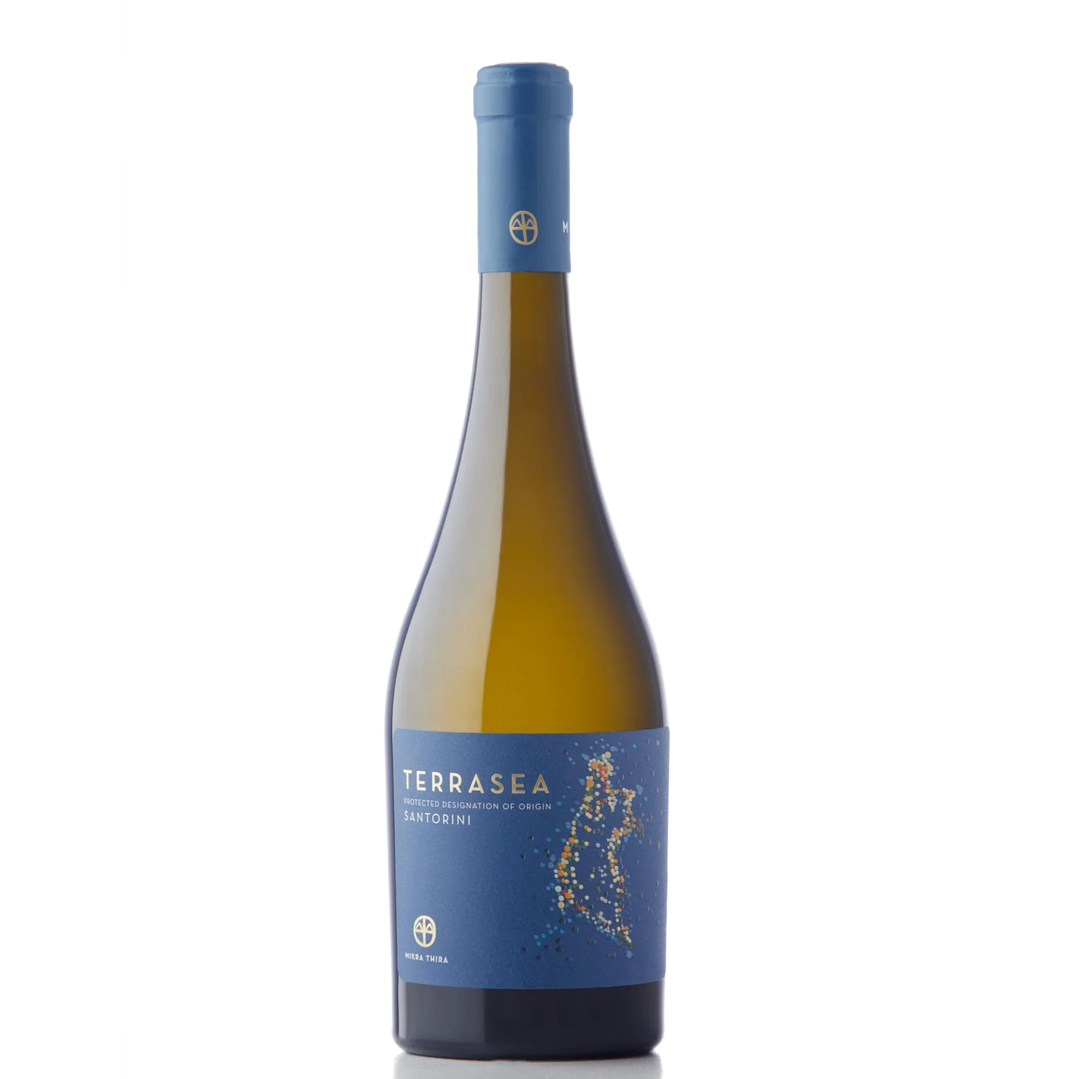
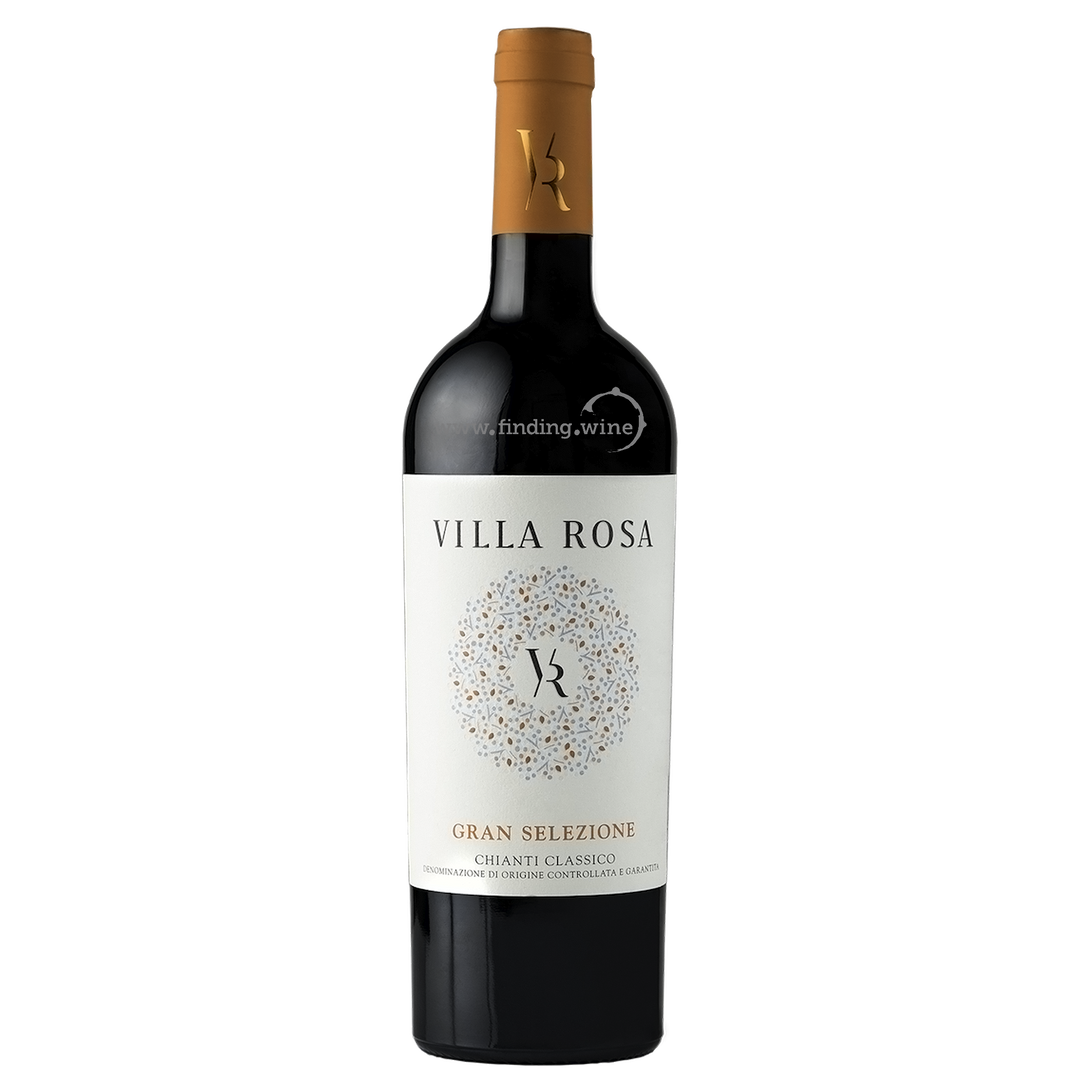






Leave a comment